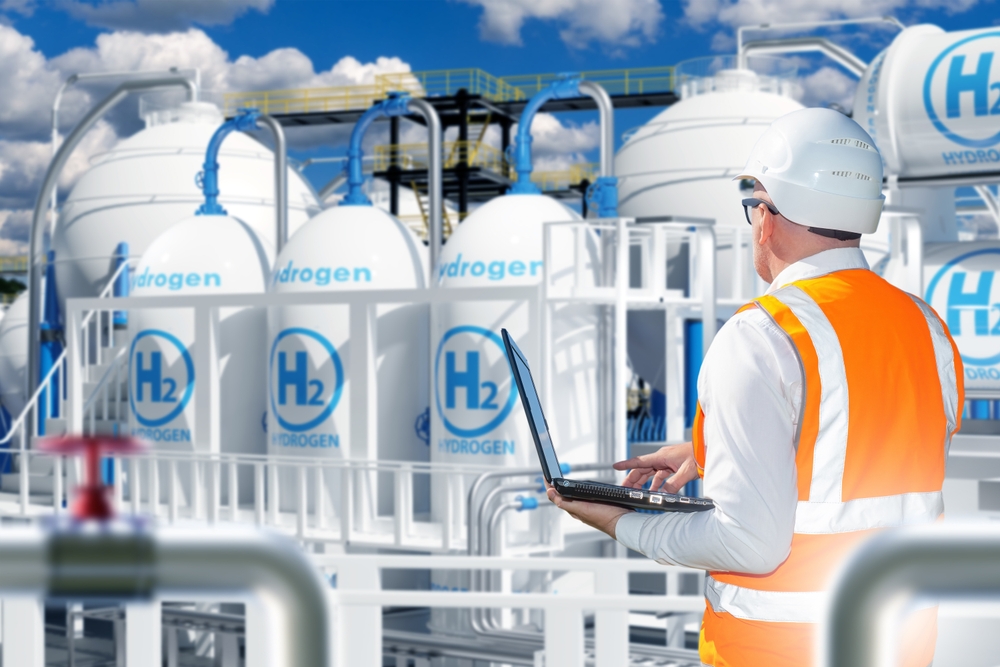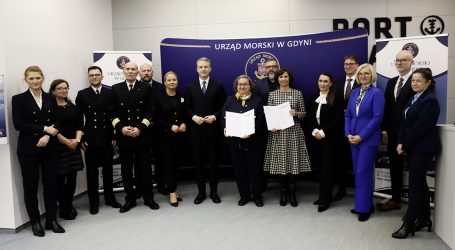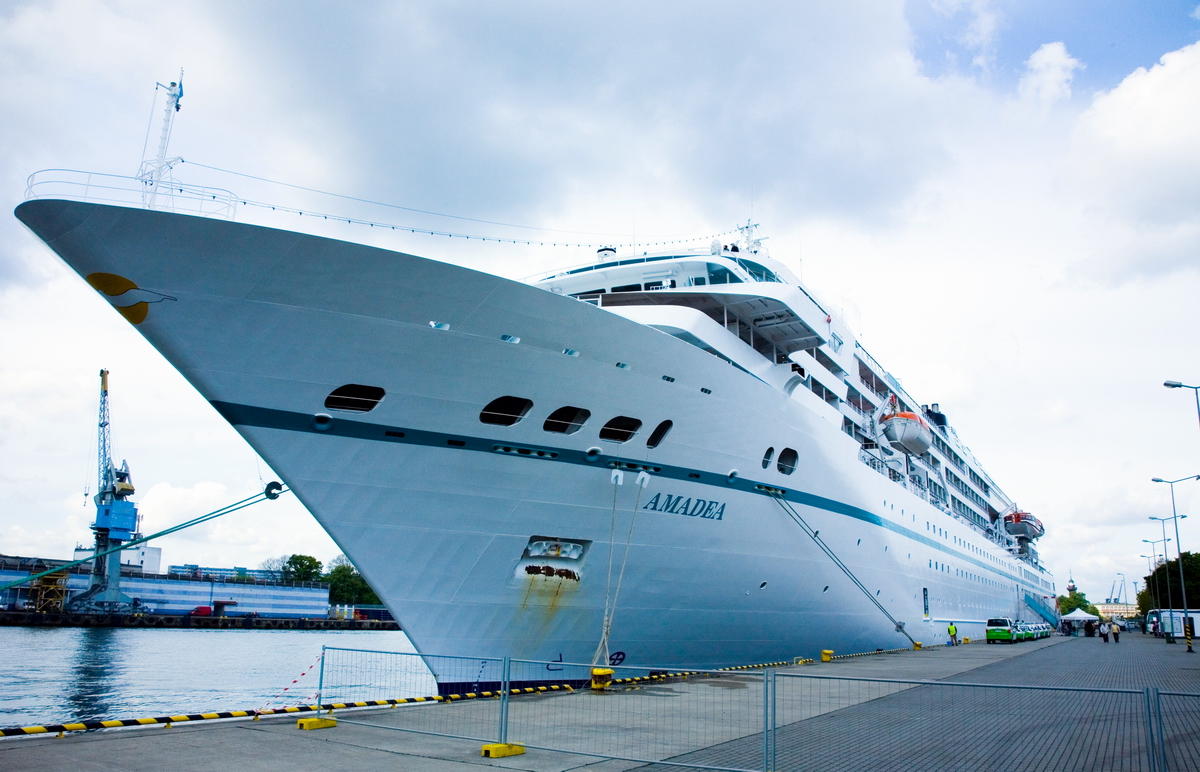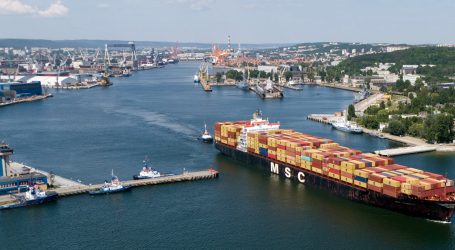Hydrogen pipeline through Poland, among others, could transfer nearly 3 million tonnes of fuel annually
The planned 2,500-kilometre-long Nordic-Baltic Hydrogen Corridor, running from Finland through the Baltic states and Poland to Germany, could transport around 2.7 million tonnes of renewable hydrogen per year by 2040, Finnish operator Gasgrid said on Monday.
The hydrogen pipeline from Finland to Germany, via Estonia, Latvia, Lithuania and Poland, is expected to be one of the first such cross-border projects in Europe, the release highlighted.
The planned diameter of the pipe is 1.2 metres and several compressor stations will be located along the 2,500-kilometre stretch, according to the pre-feasibility study prepared for the Nordic-Baltic Hydrogen Corridor (NBHC) project, which has been listed as a priority investment in the EU.
The first phase of the project, which the operators of the six countries joined this spring, focused on technical, legislative and economic aspects. The report points to the potential of the countries along the Baltic Sea to produce green hydrogen created using renewable energy sources, i.e. solar and wind.
‘There is an excellent energy transmission system in Finland and we play a key role in the project, and the EU countries bordering the Baltic have a lot of experience in infrastructural regional cooperation, including gas or electricity transmission,’ – Gasgrid director Olli Sipila said.
The construction of the hydrogen corridor is part of the energy transition and decarbonisation of the EU economy, in which hydrogen will be one of the key fuels. In addition to Gasgrid Finland, operators involved in the project are Elering (Estonia), Conexus Baltic Grid (Latvia), Amber Grid (Lithuania), GAZ-SYSTEM (Poland) and ONTRAS (Germany).
Source: PortalMorski.pl




